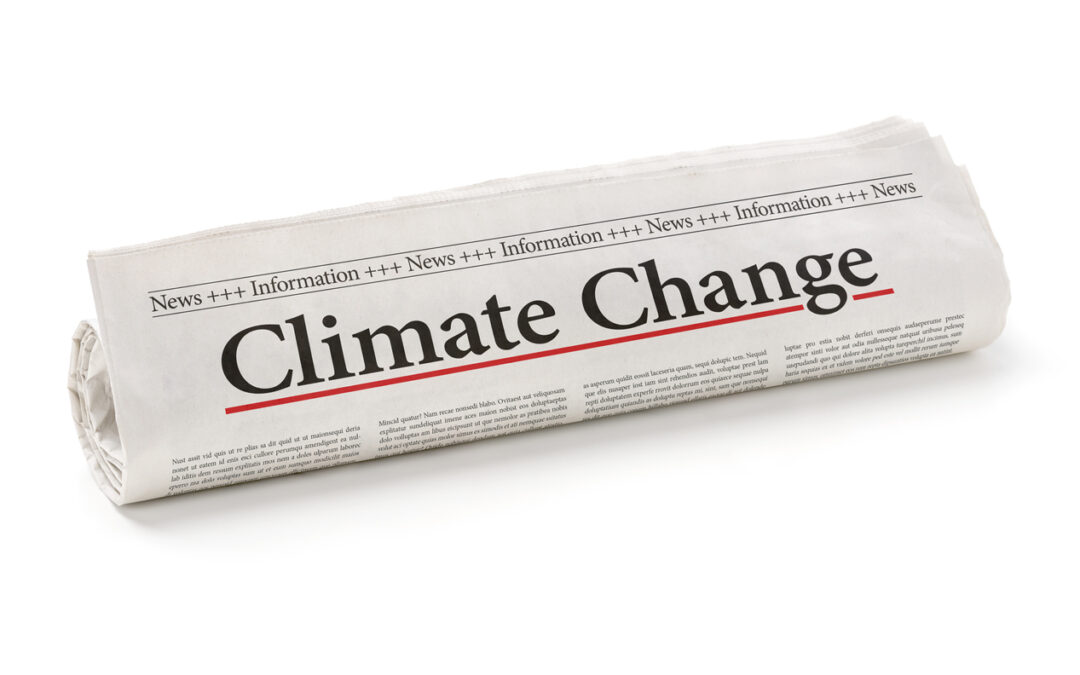A (non-comprehensive and quite random) list of climate change, climate policy and environmental justice stories from the past week.
New files shed light on ExxonMobil’s efforts to undermine climate science. Executives privately sought to downplay link between fossil fuels and climate change despite public pronouncements, WSJ reports. (read the full story here)
Exclude fossil fuel firms from Cop28 if they only want to obstruct, says ex-UN chief. ‘My patience ran out,’ said Christiana Figueres, who for years had advocated oil companies should be involved in policymaking talks (read the full story here)
Swedish government faces backlash after slashing climate budget. Move has drawn comparisons to UK, where Rishi Sunak has U-turned on environmental commitments. (read the full story here)
Substituting half of animal products, such as pork, chicken, beef and milk, consumed globally with more sustainable alternatives could “almost fully halt” the conversion of forests and natural land for agriculture, according to new research. (read the full story here)
In the world’s largest climate legal action to date, six young people from Portugal are taking 32 European countries to court seeking a binding ruling from the judges to force the countries to rapidly escalate their emissions reductions. (read the full story here)
US behind more than a third of global oil and gas expansion plans, report finds. Study highlights conflict between Washington’s claims of climate leadership and its fossil fuel growth plans. (read the full story here)
Gen Zers turn up the heat on President Biden. They want climate action, not words. (read the full story here)
Biden is unveiling the American Climate Corps, a program with echoes of the New Deal. The White House on Wednesday unveiled a new climate jobs training program that it says could put 20,000 people to work in its first year on projects like restoring land, improving communities’ resilience to natural disasters and deploying clean energy. (read the full story here)
White House Directs Agencies to Account for Climate Change in Budgets. The directive is intended to embed the cost of climate change into all federal agencies. But it is not legally binding and could come with legal and logistical challenges. (read the full story here)
At a Summit on Climate Ambition, the U.S. and China End Up on the B List. The world’s two biggest polluters were not invited to speak at a United Nations meeting designed to highlight effective action against warming. (read the full story here)

